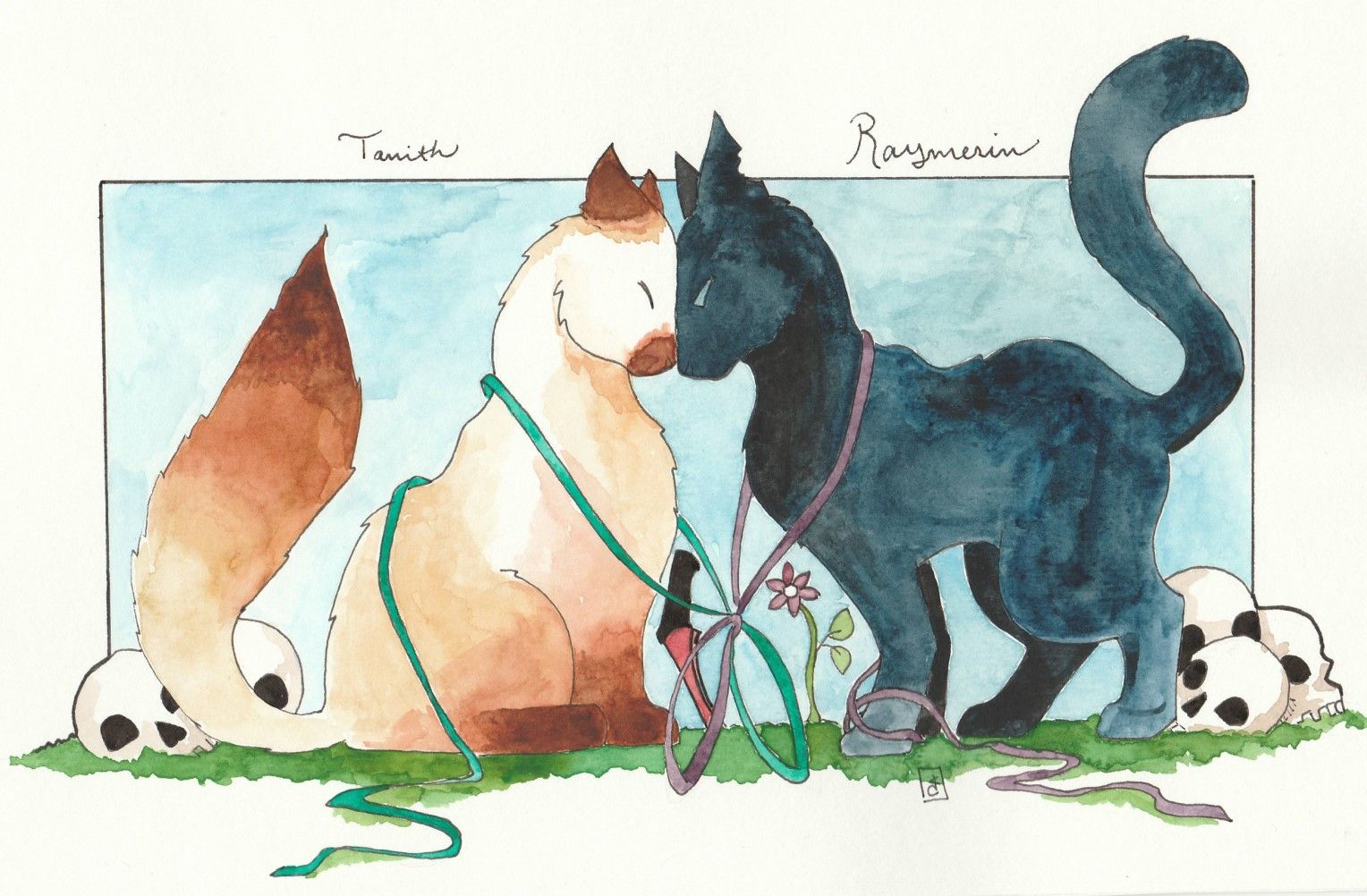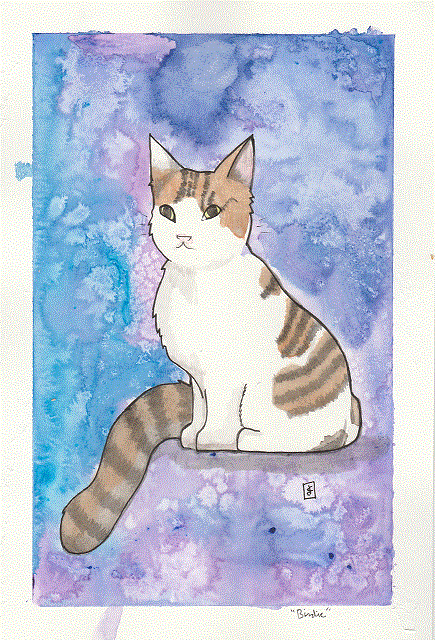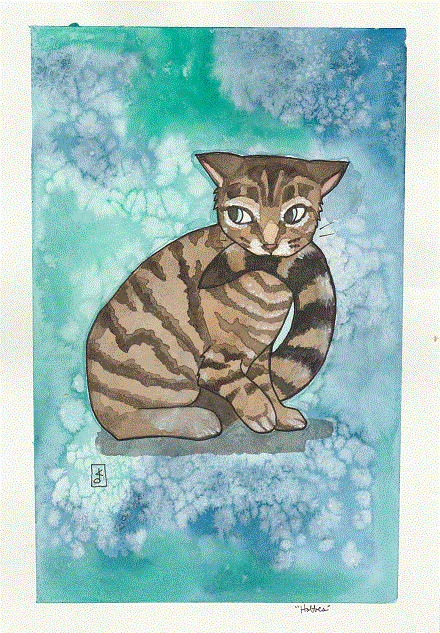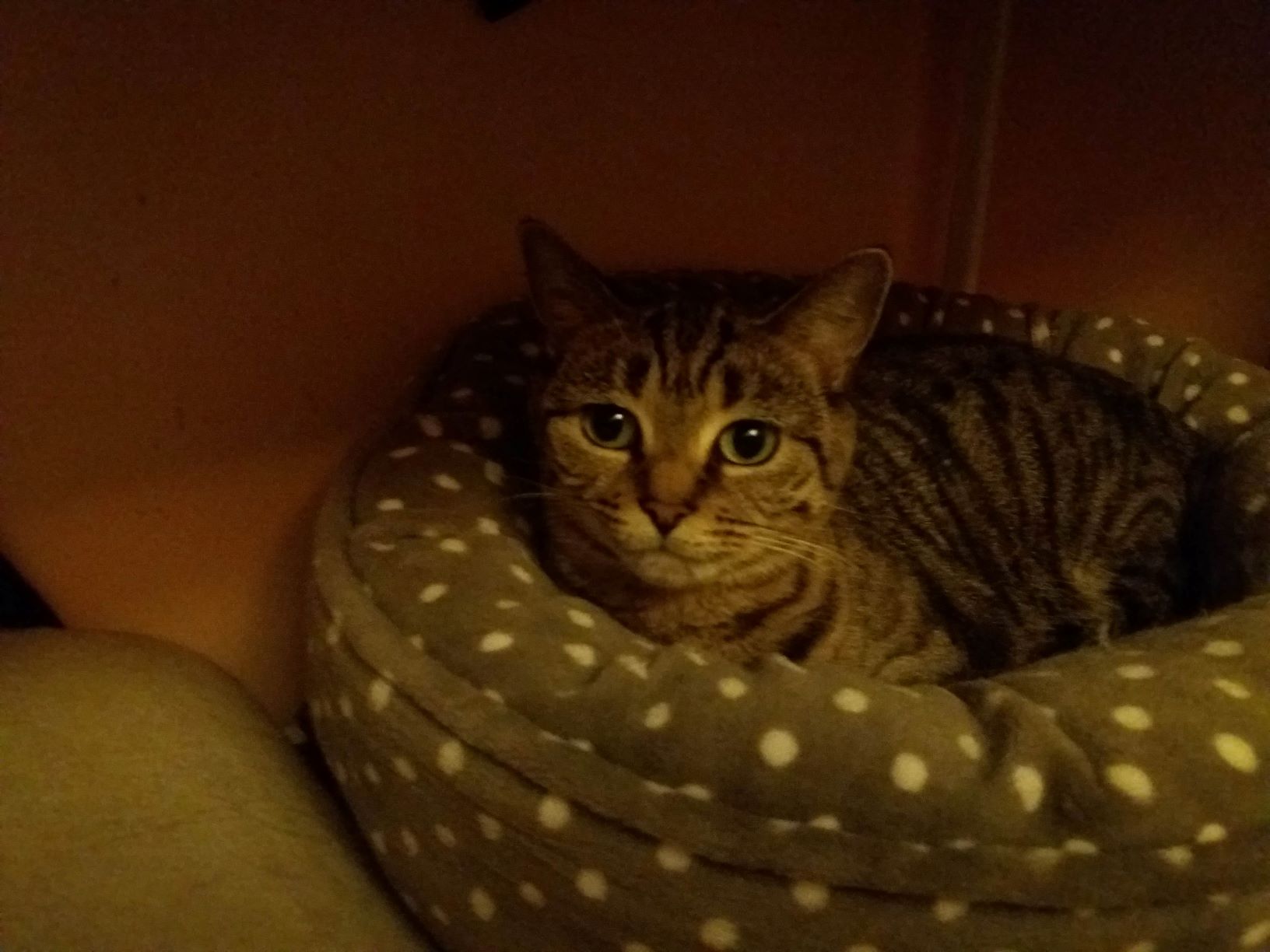I got formally diagnosed a couple of years ago (during Autism Awareness Week, entertainingly).
I'm in my 40s. There wasn't really a stigma around autism when I was a kid - it was just something that didn't happen to girls, and therefore I was forever being naughty and acting out, and had to be corralled back into what was socially acceptable even though it made absolutely no sense (and still doesn't). The word 'ladylike' still makes me twitch, because it was always what I wasn't and yet what I had to be whether I understood it or not. This is not an uncommon experience for women diagnosed later in life.
It occurred to me that it was a possibility when I attended a talk on neurodiversity in my then-new workplace, four years back, and a new presenter brought up a list of traits that people on the spectrum might display; I looked at it and went 'Well - I don't have those two? But other than that...' - and then a work-friend with two autistic sons said 'Sorry, I thought you knew'.
I did some background reading, then marched off to the doctor's and made them refer me. Attended a screening interview, then a diagnostic interview, and then after talking to my mother they made their minds up. During the formal diagnosis interview, the poor chap tried to gently break it to me that sometimes an experienced clinician can pretty much see it walking through the door, and that's what had happened at the screening interview. The interviews after that had been justifying the diagnosis rather than determining whether I warranted it; in some ways it was nice that it was so obvious, but I was left feeling a bit as though if it was that bloody obvious then maybe someone should have said something in the preceding decades.
So yeah. I'm on the spectrum, significantly so, and always have been. It would been nice to have known a few decades ago, to have had some coping strategies I didn't develop myself, to have understood that not everyone thinks like me and that not everyone can cope with difference. I only found out after I got my life on some sort of track, not when it could have made a massive difference to its prior path.
And then, talking to my little brother to let him know that it's in the family in case my nephews need the support I didn't get? It turned out he'd known it was likely for 20 years.
As to what MU* RP has done for me? Playing a charming character who was able to handle people let me learn how to deal with people in a friendly fashion myself. I got to test things out before trying them in reality, and I got to learn a lot about how people who aren't me think - and that helped me realise that it's not the same way I think. Not everyone has a branching code-like script for interactions with other humans. Who knew?
LARP helped hugely as well; when you've been in a battle with 3,000 people, when you've hopped up on a table to make a speech to fifty, when you've saved someone else's character with quick thinking and a spell that was never intended for that purpose, there's very little that can stop you grasping your courage in both hands and stepping up to do something that truly needs to be done.
RP teaches a lot of 'soft' skills, and without it I never would have learned to cope with people.




